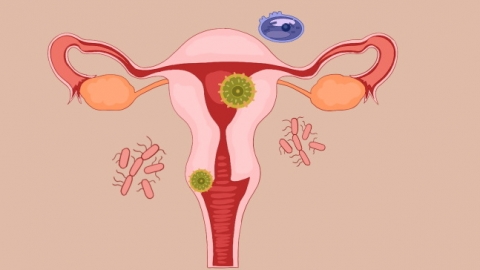How many ozone therapy sessions are generally needed for gynecological inflammation?
Generally, the number of ozone therapy sessions required for gynecological inflammation depends on the type and severity of the inflammation. Mild cases may require only 3–5 sessions, while moderate to severe or chronic inflammations might need 7–10 sessions. If in doubt, it is recommended to consult a healthcare provider in advance. Detailed analysis is as follows:

For mild acute conditions such as bacterial vaginosis or vulvitis with minor symptoms (e.g., slight itching, mildly abnormal discharge) and no complications, ozone therapy is typically administered 2–3 times per week. A total of 3–5 consecutive sessions are usually sufficient to suppress bacterial growth and relieve symptoms. Afterward, proper daily hygiene can help prevent recurrence.
For moderate to severe fungal vaginitis (such as candidiasis), chronic cervicitis, or cases with obvious symptoms (e.g., persistent itching, increased malodorous discharge, pain during intercourse), or recurrent inflammation, the number of ozone therapy sessions should be increased accordingly. Treatment is generally carried out about three times per week for a total of 7–10 consecutive sessions to thoroughly eliminate pathogens and promote mucosal repair. In some cases, additional treatments may also be needed to ensure effective control of the inflammation.
During ozone therapy, sexual activity should be avoided. It is important to keep the external genital area clean and dry, complete the full course of treatment as prescribed, and not discontinue treatment prematurely even if symptoms improve. Regular follow-up examinations after treatment are necessary to confirm complete recovery, and any discomfort should be promptly discussed with the physician.










